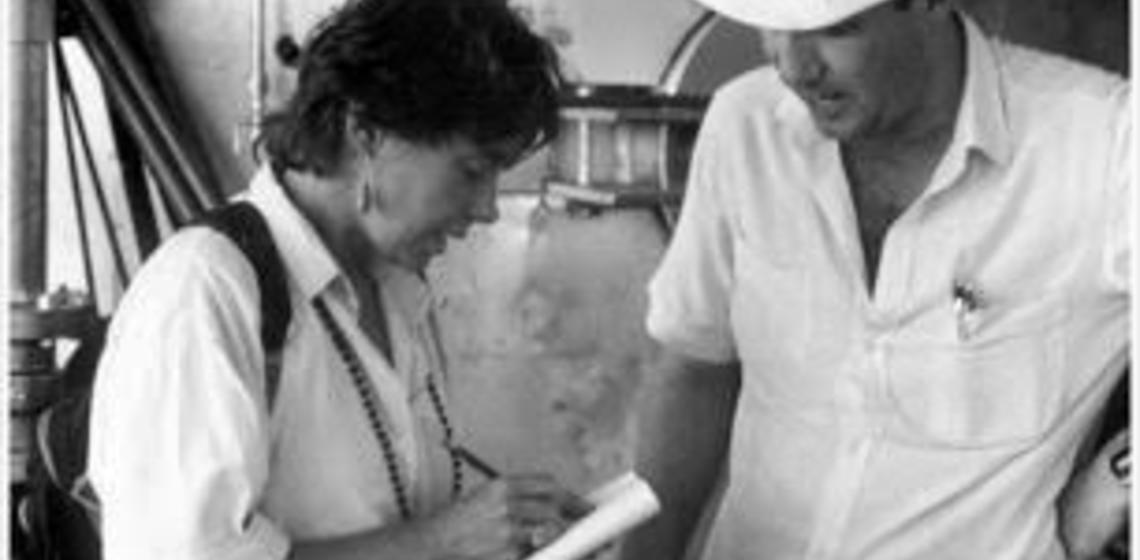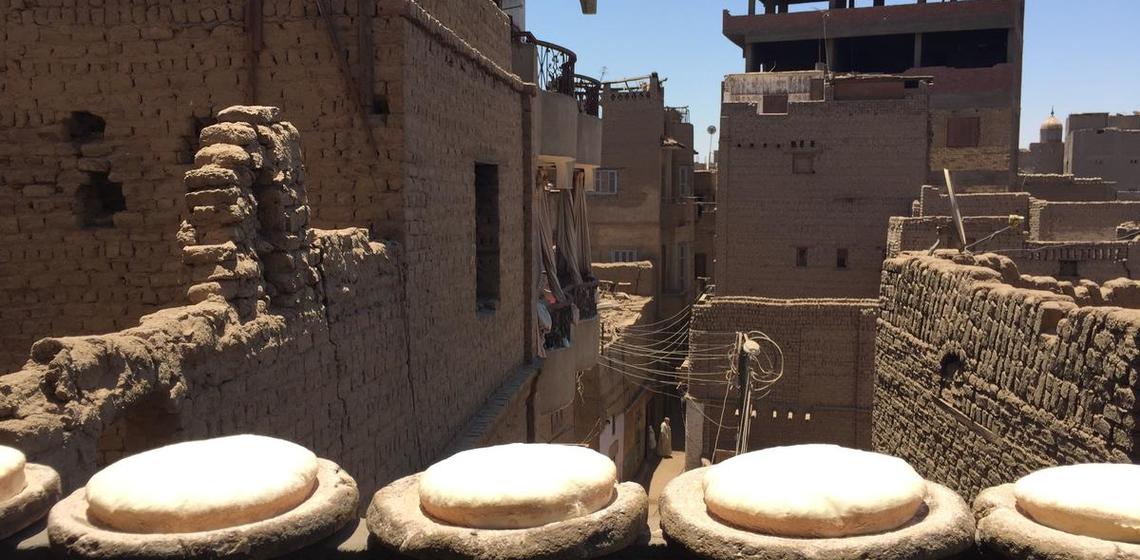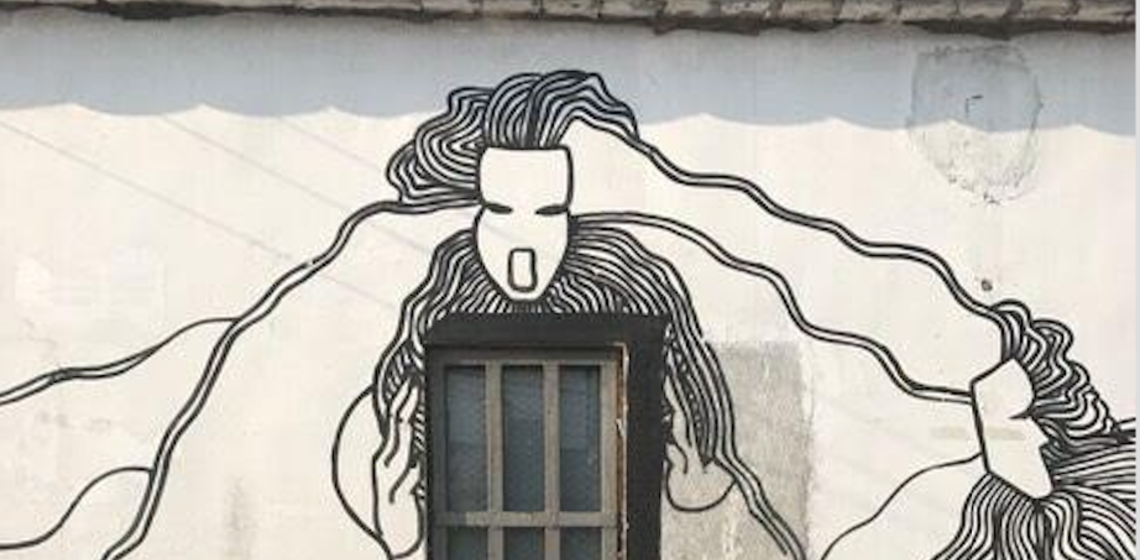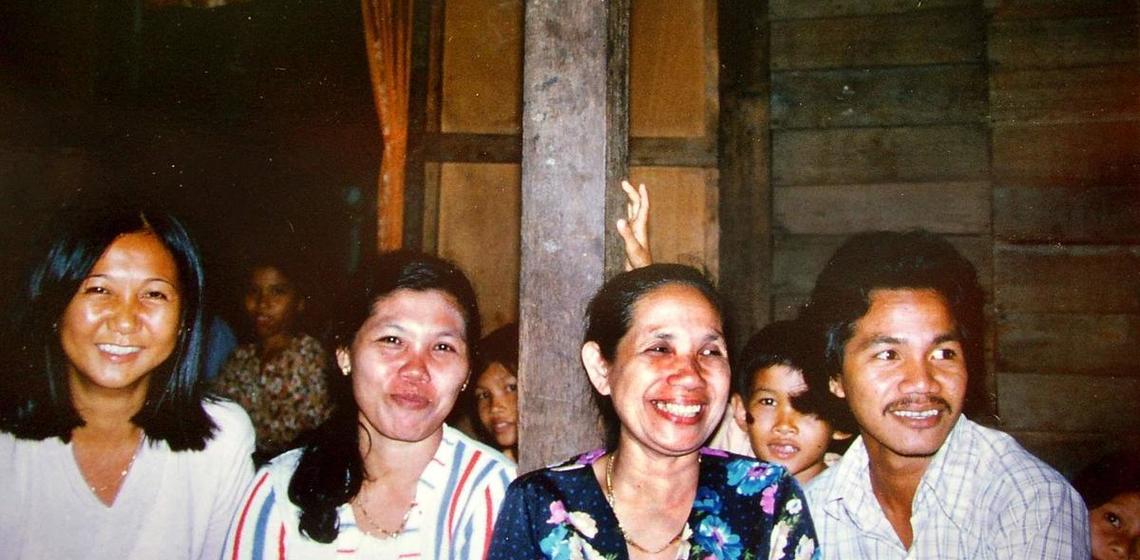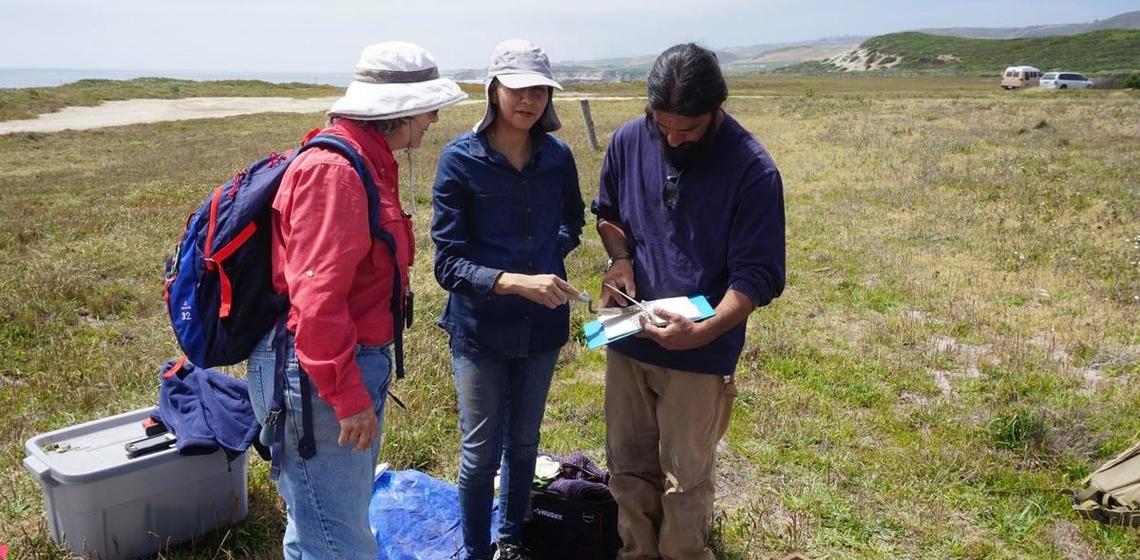The Department of Anthropology at Berkeley, founded by Alfred Kroeber, student of Franz Boas, has an illustrious history extending back more than 100 years. It has consistently been a leader in the discipline at large, and on the cutting edge theoretically and methodologically in each of the formal subdisciplines (social cultural, archaeology, biological, linguistics) and is one of the birthplaces of the field of Medical Anthropology. Holism is historically a hallmark of anthropological research, with an understanding that to understand human life requires attention to space, time, language, practices and the material world.
Broad-ranging discussions about the nature of what it is to be human/nonhuman/post human/more than human in a world more fragmented by social inequality and climate vulnerability has created an intellectual moment that encourages new synergies between the different sub-disciplines of anthropology in the 21st century.
Several broad yet interconnected themes characterize the research in the department:
- Critical Understanding of intersectionalities of the Body, Materiality and Technologies
- Media, Communication and Heritage Studies
- Sustainability in a climate vulnerable world
In our courses, students learn that anthropology is a field whose methods and theoretical engagements stretch from the humanistic to the scientific. Two of the core methods of anthropology—ethnography and excavation—have been broadly co-opted literally and figuratively in the humanities and social sciences. It is a discipline marked by holism and multidisciplinarity in its efforts to conceptualize and understand the great diversity of embodied human experiences in the past and the present. Our courses provide the scaffolding for critical engagement with contemporary social issues, a sophisticated understanding of global, human experience in all of its diversity, and a deep, multi modal engagement with the human past and its relationship to the present. The anthropology major is unified by a commitment to hands-on research experience for undergraduates, through the McNair, Haas Scholars, SURF, URAP, SMART and the department’s Senior thesis programs.
The department’s curriculum offers a mix of large introductory courses (300-500) and a small- and medium-sized upper division lecture, seminar, and lab courses. The small lab and ethnographic methods courses are essential for students in the anthropology major, and provide the spaces where students can develop skills in the “craft” of anthropological research. Methods courses give students hands-on experience in museum studies, archival analysis, artifact analysis, production of ethnographic film and digital media, and folkloric and ethnographic fieldwork. In short, an anthropology student experiences different modes of qualitative and quantitative research approaches and participates in disseminating anthropological knowledge through a series of different platforms.
Our teaching brings students to think critically and analytically within and about these subjects in a range of classroom experiences that include equally rigorous commitments to developing theoretical and methodological expertise through student-developed research.


